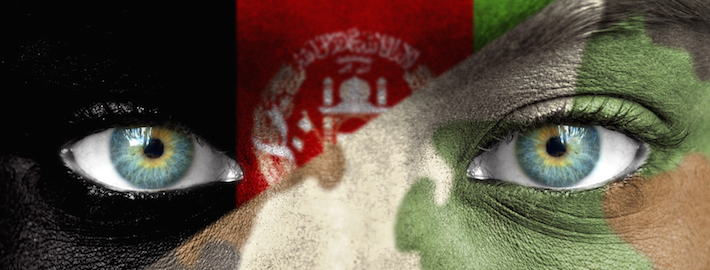Gaza – Extreme, Violent Hatred of the “Other”

Talya Shilok Edry, who has more than one thousand Facebook followers, posted the following “status”: “What an orgasm to see the Israeli Defense Forces bomb buildings in Gaza with children and families at the same time. Boom boom.” Another quote “Sweet settlers, next time you kidnap an Arab boy, call me and let me torture him!! Why do you get to have all the fun?” These quotes have circulated widely on social media.
If you look more closely at her Facebook page you can see she is not a spokesperson for the people of Israel. In a way, she is just trash talking, like in a sports game. But this is no game.
The hatred goes the other way as well. “They are not screaming ‘death to the Israelis’ on the streets of Paris, ” Roger Cuikerman, head of French Jewish political group CRIF, said. “They are screaming ‘death to the Jews.” http://www.vox.com/2014/7/21/5923145/gaza-anti-semitism-europe
The lens I look through asks the question; how can someone get to the point where they can justify genocide, racial cleansing, extreme, violent hatred of large groups of people? In grappling with my own experience of being part of a religious cult I have come to understand how this could happen.
In Robert Jay Lifton’s book, Thought Reform and the Psychology of Totalism he defines eight criteria for thought reform. The eighth criteria is the “dispensing of existence”. From a psychological perspective it is possible to dehumanize people who are not part of “us”. When a group of people can be thought of as less than human, or enemies in the eye of “God”, their existence can be dispensed with. Instead of seeing the people being killed as someone like us, like those we love, it becomes more like smashing a bug. It becomes a source of righteousness, pride.
The extreme end of the thought reform process is the dispensing of existence. The goal is to convince people/followers/comrades that the “other” is deserving of cruelty and death simply by being in the designated group.
The beginning of the thought reform process is with vulnerability. If we can understand the aspects of human vulnerability that can be lead us down a path toward hatred of others we can learn to avoid those paths.
We, as human beings, can be vulnerable, at certain times in our lives. We can, in that time of vulnerability, be drawn to a group of people who makes us feel connected to something bigger than ourselves, something that answers life’s difficult questions, something that makes us feel needed, important. In time we can end up believing, with full dedication, in the justification of extreme hatred of the “other”. It could be hatred of Jewish people, Arabs, Whites, Blacks, Gays, Christians, Atheists…
Are the babies dying in Gaza because of Hamas? Is it because of Israel? Are American’s to blame? Who can we point to?? We want a bad guy, someone to blame. What about the Holocaust? Can we bundle that up in a neat little package and say that it was all because of Hitler?
It’s just not that simple. It’s much harder to look inside ourselves and admit we all have the capacity to join in the hatred of others. It’s so much easier to want life to be a simple good vs evil story. There are plenty of people who look at the world through the lens of good versus evil. Why not pick one that feels right and join the hatred?
I look at the pictures of the bloodbath in Gaza and want to hate Talya Shilok Edry for the words she writes on Facebook, but look at her picture. She is just a young girl. She has seen suffering in Israel and has been told a convincing story of good versus evil to explain her world. She is not the enemy. Nobody is the enemy. The enemy is our inability to understand ourselves.
We, not “they”, can get addicted to power and money – and we can find ways to manipulate others who are vulnerable, in order to feed our addiction.
We, not they, are vulnerable at times. We don’t want to do the hard work of looking in the mirror. We want easy answers. If we don’t examine our own vulnerabilities and learn how to avoid being pulled into someone else’s addiction to power and/or money we won’t have the tools we need to resist thought reform. In taking the path of joining with those who are offering the easy answers to our psychological needs we can quite easily fall into the trap of hating the other. Ironically, it often happens to those who have, themselves, experienced being one of the “hated others”.
The people dying in Gaza are not them. The people killing the people in Gaza are not them. They are all us.






Leave a Reply
Want to join the discussion?Feel free to contribute!